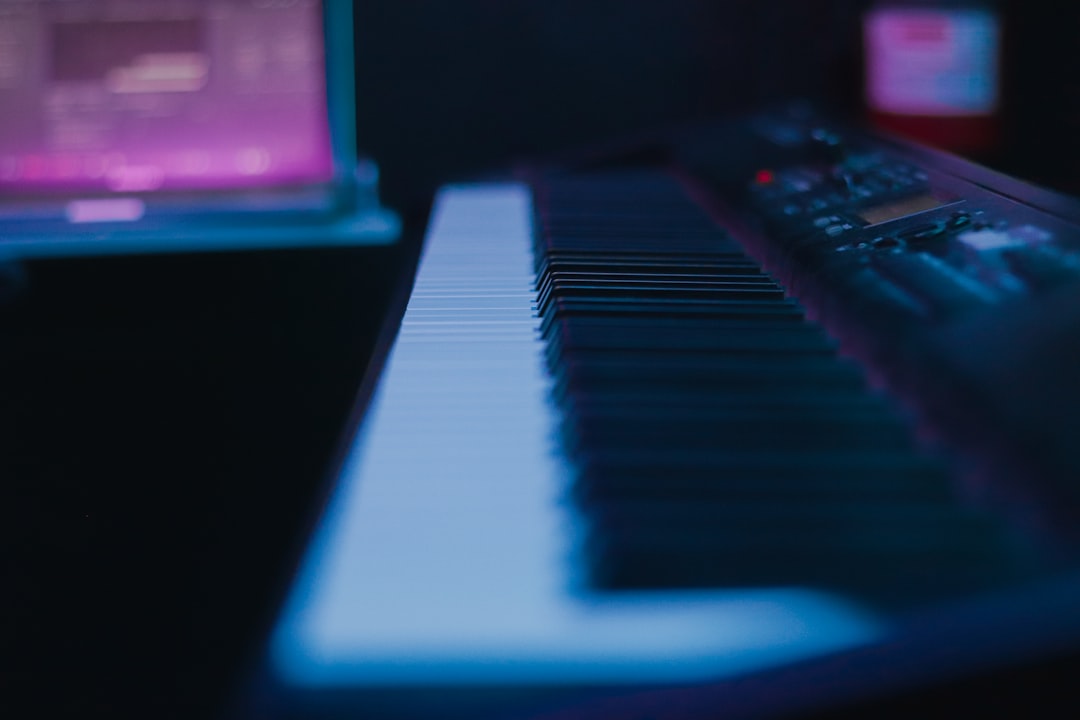Summary
OpenAI is reportedly developing an exciting new tool that can generate music from text and audio prompts. This innovation could transform how creators add music to videos or enhance vocal tracks with instrumental accompaniment. While details about its release and availability remain under wraps, the project highlights OpenAI’s ongoing commitment to advancing AI-driven audio technologies.
What Is OpenAI Working On?
According to a report from The Information, OpenAI is building a generative music tool that creates music based on text and audio inputs. This means users could potentially describe the kind of music they want or provide an audio snippet, and the AI would generate fitting musical content.
Potential Uses of the Music Tool
Sources suggest that this tool could be used to add music to existing videos or to provide guitar accompaniment for vocal tracks. Such capabilities would be valuable for content creators, musicians, and video editors looking for quick and customizable music solutions.
Collaboration with Juilliard Students
Interestingly, OpenAI is reportedly collaborating with students from the Juilliard School to annotate musical scores. This partnership aims to create high-quality training data, which is crucial for teaching the AI to understand and generate music effectively.
OpenAI’s History with Generative Music
While OpenAI has experimented with generative music models before, these efforts predate the launch of ChatGPT. More recently, the company has focused on audio models related to text-to-speech and speech-to-text technologies.
Other Companies in the Space
OpenAI isn’t alone in exploring generative music. Companies like Google and Suno are also developing models that create music using AI, indicating a growing interest and competition in this innovative field.
Looking Ahead
At this time, it’s unclear when OpenAI plans to launch this new music tool or whether it will be a standalone product or integrated into existing platforms like ChatGPT or the video app Sora. TechCrunch has reached out to OpenAI for further comments and will update when more information becomes available.
